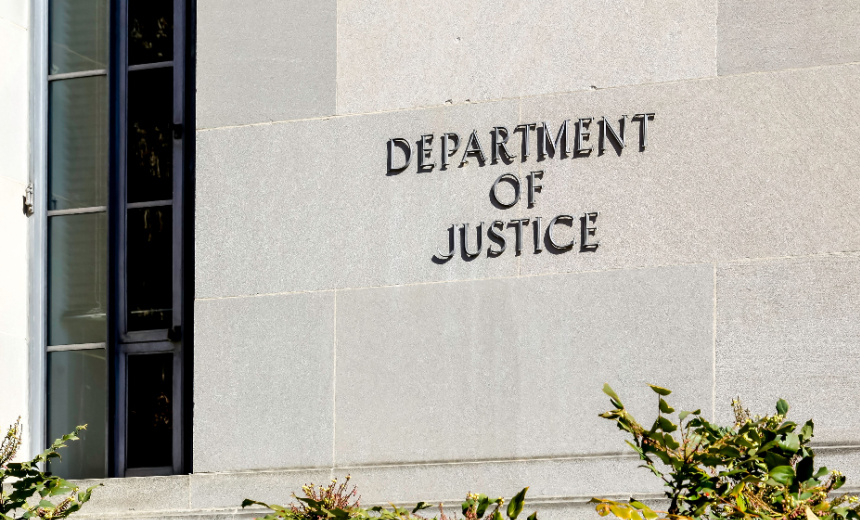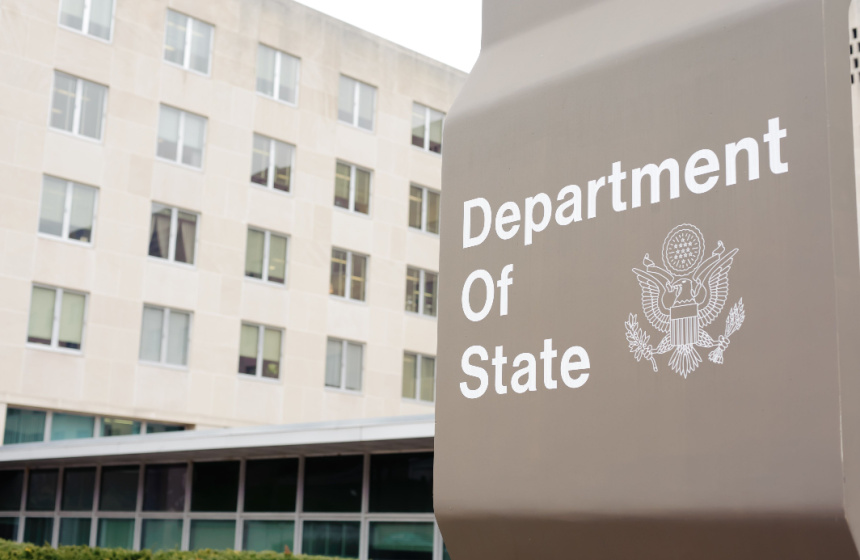Senate Strips AI Moratorium Amid Sharp Bipartisan Opposition
Senate Republicans removed a state moratorium on artificial intelligence regulations from its version of President Donald Trump's "big, beautiful bill" following bipartisan warnings the component could risk data privacy and civil rights - particularly without a strong federal regulatory framework.



































